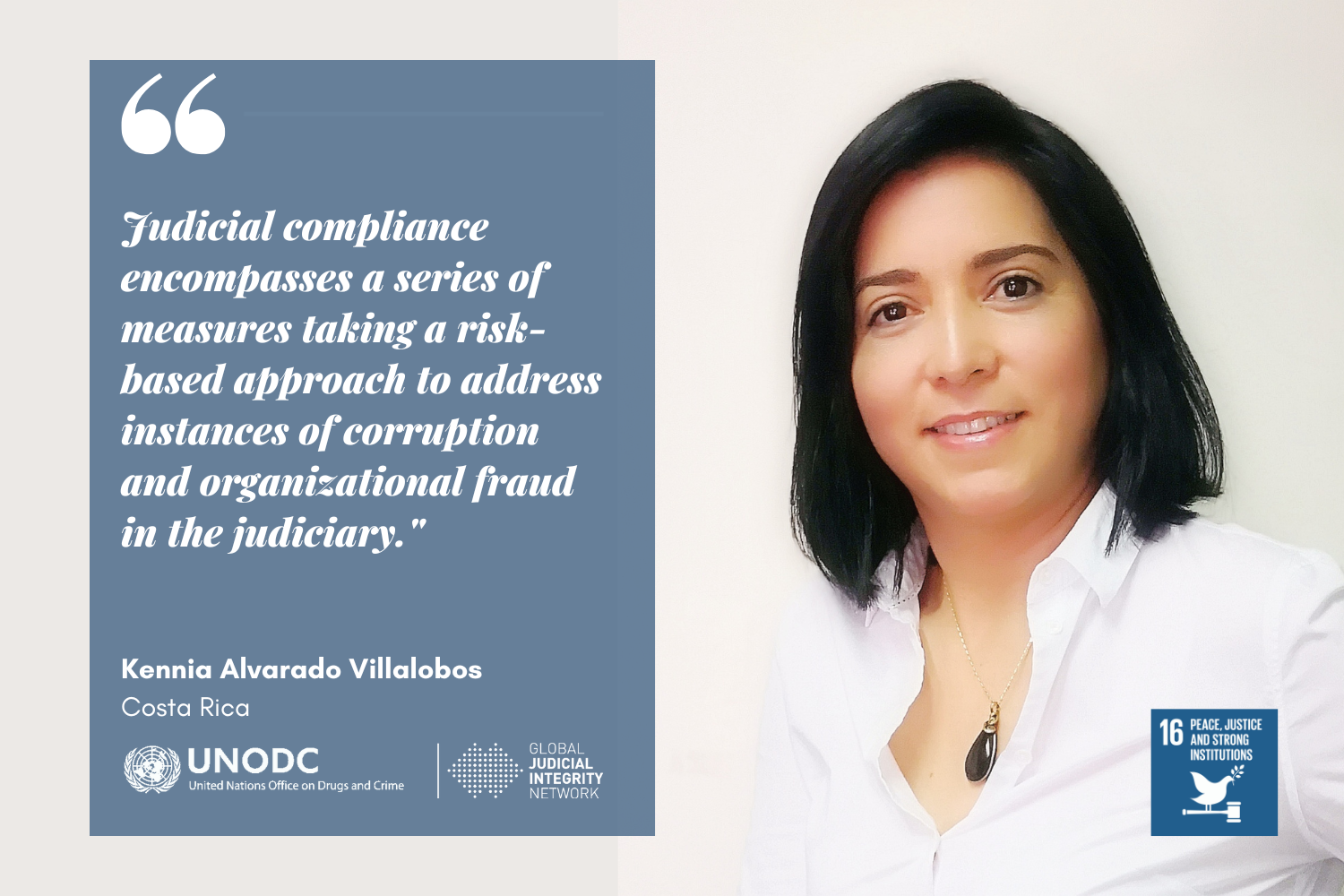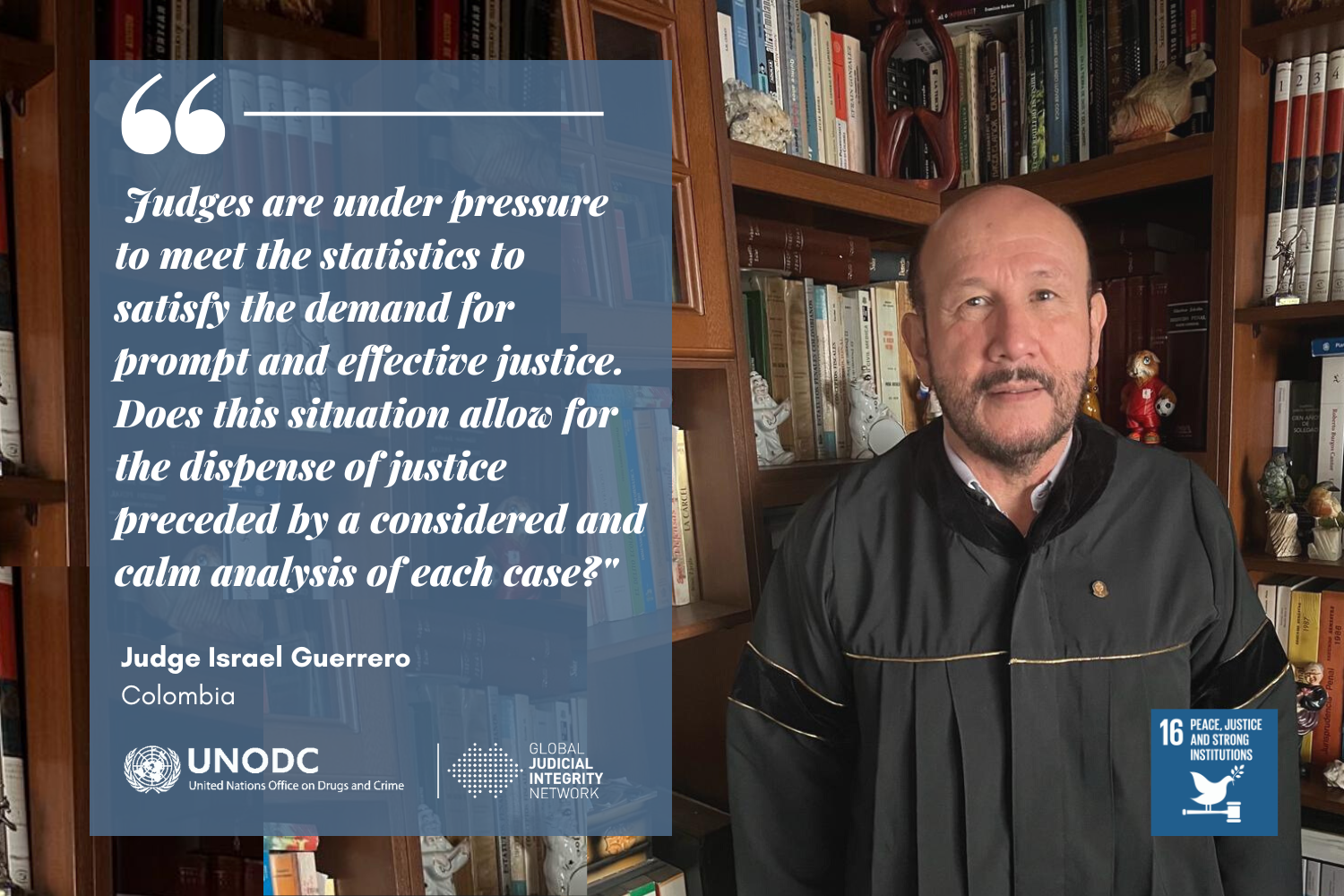Path Towards Fair Gender Representation in the Judiciary of Bulgaria
Hon. Galina Zakharova serves as the President of the Supreme Court of Cassation of Bulgaria. She has extensive previous professional experience as a judge, having joined the judiciary in 1988.
______________________________
In the long 143-year history of the Supreme Court of Cassation of Bulgaria (SCC), the trends related to gender representation are clearly distinguished chronologically.
Over a long period of almost eighty years, the SCC was invariably composed of male judges. The first female supreme judge was only elected and appointed in 1957. After 1960, a trend towards increasing the number of female judges in the SCC could be identified, and in 1986, 15 out of 53 judges were women. After 1990, the trend of a gradual increase in the proportion of female judges intensified, and in 1996, their number rose to 37 out of a total of 55 judges. Since then, increased participation of women in the judicial profession has been observed. The current ratio is clearly shaped in favor of women: approximately 4:1, and currently only 21 of 91 SCC judges are men.
Despite the gradual increase in the number of women judges in the SCC, leadership positions remained reserved for a long time for men. The first appointment of a woman to a leadership position of a deputy president of the court only took place in 2003. Today, the three separate collegiums in the structure of the SCC are headed by two female vice-presidents (heads of the criminal and civil collegiums) and one male vice-president (head of the commercial collegium).
In 2022, for the first time in the history of Bulgaria, a woman was elected as the SCC President. This marks an important milestone, breaking traditional stereotypes and ensuring women's participation in the leadership of the court. It is remarkable above all because in the election for the SCC President, a professional candidate, a judge from this Court, nominated by their colleagues by a decision of the plenum of SCC judges, took part.
The election of the SCC President was held in a difficult period of general economic, institutional and public health crisis. At such a time, it was vitally important to live up to society's expectations of the judiciary as a guarantor of its rights by maintaining the image as an independent, accountable and effective institution. The SCC judges consciously took on the exceptional and unique responsibility of standing behind their own nomination for the head of the Court.
The prevailing practice in Member States of the European Union is to select as the supreme court president a judge who already has professional experience in this judicial body. In some countries, the election of the president is even limited by law to the judges of the supreme court itself. Regardless of the national identity and traditions followed in the nomination and selection of the supreme court president, the opinion of supreme court judges is invariably sought and taken into account. The previous practice in Bulgaria, however, marked exactly the opposite trend - the preferred head of the SCC was always a candidate from outside the judiciary and always a man.
With the amendments to the Judiciary Act of 2016, our national legislative framework for the first time allowed the SCC judges to nominate their candidate – a person with whom they would like to work together to overcome difficulties and challenges before the court. The community of SCC judges took this opportunity, demonstrating their ability, determination and willingness to openly declare their opinion on the court's leadership and on its future development. The specificity of the time in which we live strengthened our unity for defending the values of the rule of law, for affirming the authority and dignity of the court, and for preserving and protecting its independence.
These democratic values, defended within the framework of the European Union, are not characteristic only of a specific national legal order. They are not "foreign", brought automatically by external systems and societies. They are common fundamental values necessary for all stable societies governed by democratic models. Their condensed expression is the rule of law.
Judicial independence is the condition without which the application of the principle of the rule of law cannot be implemented. The integrity of the judiciary is broadly understood as the ability of the judiciary to function lawfully according to an established and transparent framework of rules and standards that guide the conduct, decisions and actions of the judiciary. This means respecting values such as independence, impartiality, fairness and transparency, integrity, decency, and professional competence. The entire complex of the non-exhaustively listed specific values is based on and united by the irrevocable requirement to categorically reject corruption.
Corruption is a threat to the rule of law and the foundations of democracy in general as it undermines public trust and inevitably puts the rights, freedoms and values of the rule of law at risk. The spread of corruption has the harmful potential to distort social reality, reconciling social consciousness with corruption as "normal". These disastrous consequences require the rejection of all dimensions and nuances of corrupt behavior, which is not just an immoral manifestation, but also a repulsive criminal act that must be subject to detection and punishment. The Bulgarian authorities, including the judiciary, undoubtedly have serious reasons for concern regarding the state of the fight against corruption. This chronic problem, especially in combination with the insignificant number of investigations and convictions against persons holding high public positions, is the reason for repeated negative findings in the reports of the European Commission, the Council of Europe’s GRECO, and the US State Department.
The perception of corruption and the lack of progress in fighting it directly affect the effectiveness of justice. Corruption is a real problem in the life of society, which can only be counteracted by a strong judiciary. In this context, the need to strengthen the integrity of the judiciary and, above all, to defend judicial independence stands out as a primary task in the foreground. The rule of law is not only an abstract guiding idea, it is also an effective regulator of values and the antithesis of arbitrariness. In achieving this goal, the Supreme Court of Cassation of the Republic of Bulgaria participates responsibly with its own contribution.


